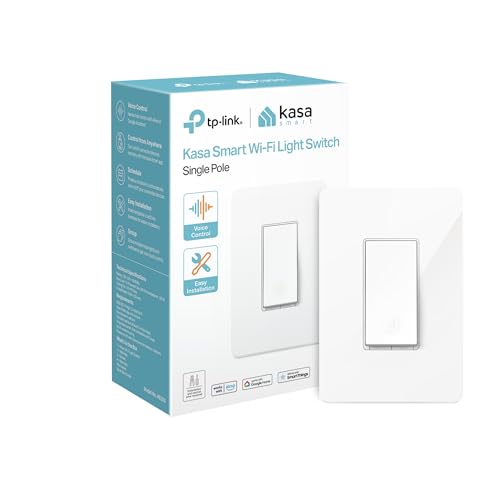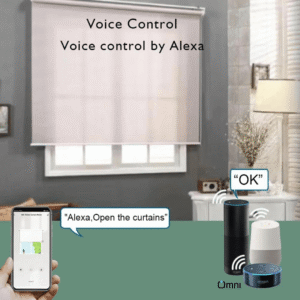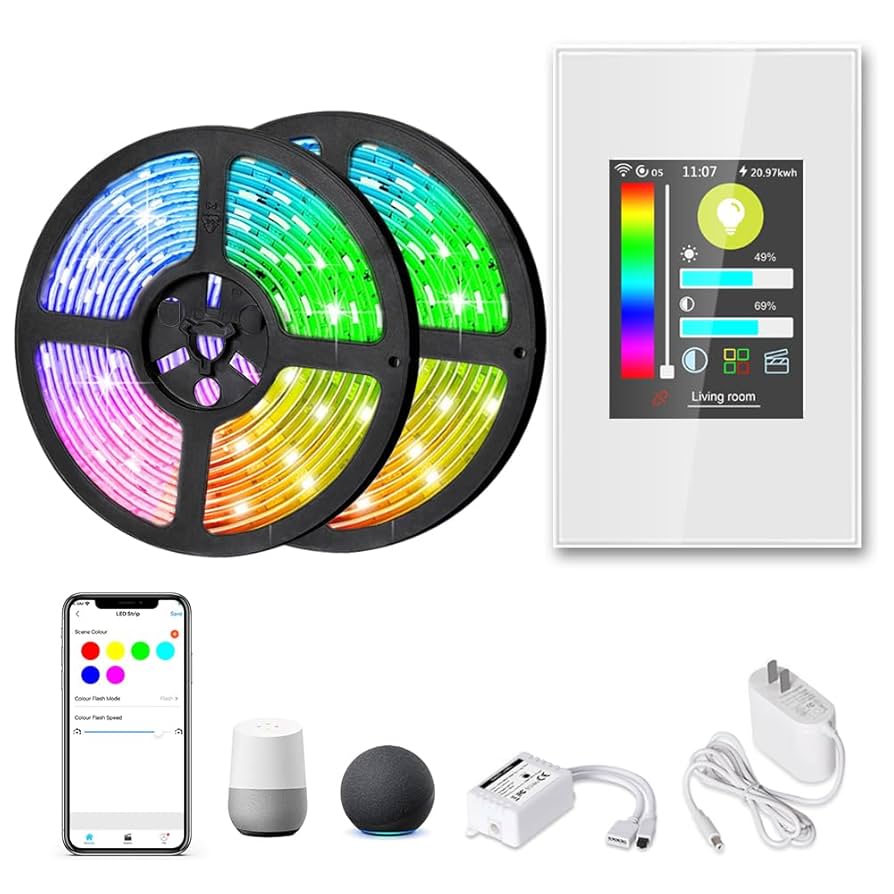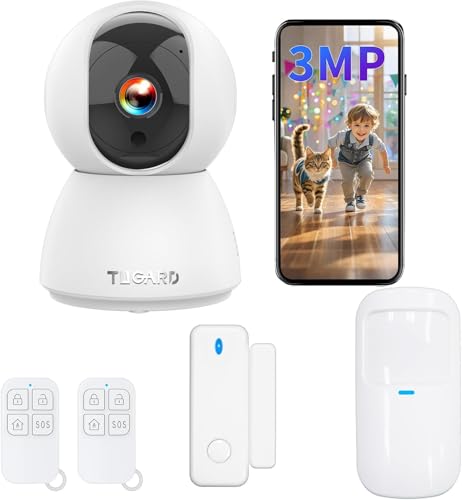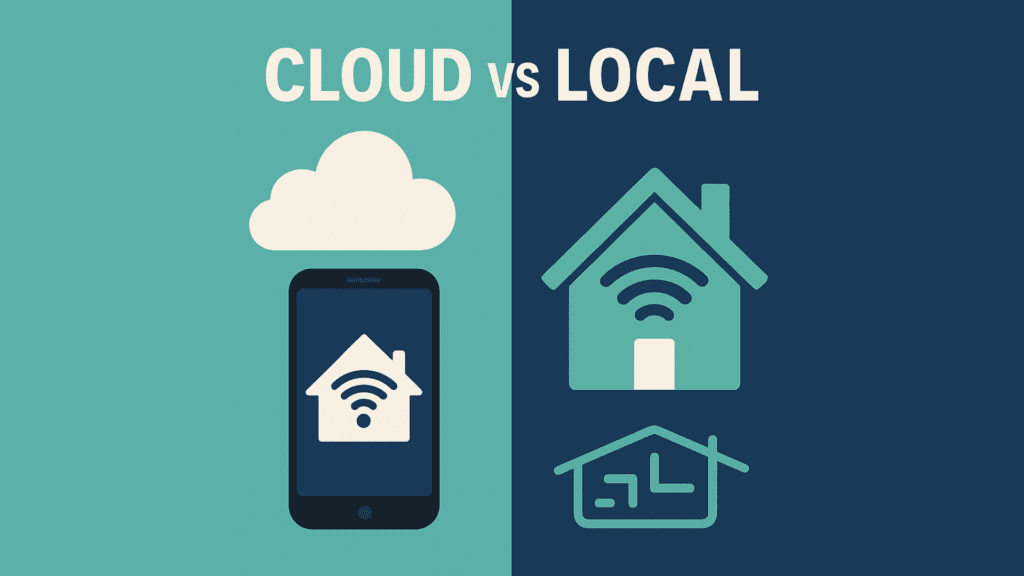Imagine coming home to a house that knows exactly what you need—lights that turn on as you enter, coffee brewing before you even get out of bed, and appliances that adjust themselves to make your life easier. Automating your home appliances isn’t just about fancy gadgets; it’s about saving time, cutting costs, and adding comfort to your daily routine.
If you’ve ever wished your home could work smarter for you, this guide will show you how to make it happen. Ready to transform your living space into a seamless, efficient haven? Let’s dive in.
Benefits Of Home Automation
Home automation lets you control your appliances using smart devices. It makes your daily life easier and more efficient.
Automating your home helps save energy, improve convenience, and boost security. Many families enjoy these benefits every day.
Energy Efficiency
Smart appliances use energy only when needed. This reduces electricity waste and lowers bills.
Automation helps manage heating, cooling, and lighting. It adjusts settings based on your schedule and presence.
- Turn off lights when rooms are empty
- Control thermostat remotely
- Schedule appliances to run at off-peak hours
Enhanced Convenience
Home automation saves time by doing tasks automatically. You can control devices from your phone or voice assistant.
Set routines for daily activities like waking up or going to bed. This makes your home respond to your needs easily.
- Turn on coffee maker before you wake up
- Control lights without getting up
- Adjust blinds and temperature with a single command
Improved Security
Automated systems help protect your home by monitoring doors and windows. They send alerts if something unusual happens.
You can check your home with cameras and control locks from anywhere. This gives peace of mind even when you are away.
- Receive notifications for suspicious activity
- Lock or unlock doors remotely
- Set alarms and security cameras to activate automatically
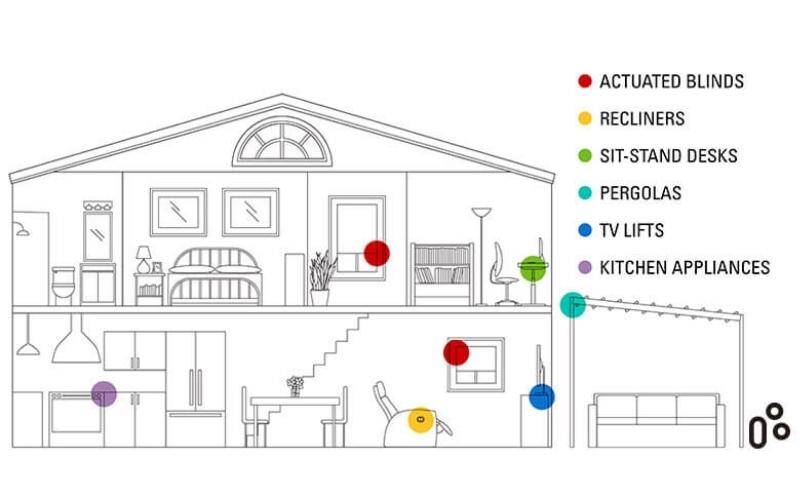
Credit: emizentech.com
Popular Smart Appliances
Smart appliances make homes easier to manage. They connect to the internet for better control.
These devices save time and energy by working automatically. They improve daily routines in simple ways.
Smart Thermostats
Smart thermostats adjust home temperatures automatically. They learn your schedule and keep rooms comfortable.
You can control them from your phone. This helps save energy by heating or cooling only when needed.
Automated Lighting Systems
Automated lighting turns lights on or off based on movement or time. This adds convenience and saves power.
Some systems let you change colors and brightness with an app. They can create moods or improve security.
Connected Kitchen Devices
Connected kitchen devices include smart ovens, refrigerators, and coffee makers. They provide alerts and remote control.
These appliances help you cook meals on time and keep food fresh longer. Some suggest recipes based on ingredients.
Smart Cleaning Robots
Smart cleaning robots vacuum or mop floors automatically. They can clean on schedules or when you command them.
They navigate around furniture and avoid obstacles. Many models send cleaning reports to your phone.
Choosing The Right Smart Hub
Automating your home appliances needs a smart hub to connect devices. The right hub controls all your smart products easily.
Picking a smart hub depends on your devices and how you want to control them. Think about what fits your home best.
Compatibility Considerations
Check if the smart hub works with your appliances. Not all hubs support every brand or device type.
Look for hubs that support popular standards like Wi-Fi, Zigbee, or Z-Wave. This helps connect many devices.
- Confirm the hub supports your appliance brands
- Choose hubs with common communication protocols
- Consider future devices you may add
Voice Control Options
Many smart hubs work with voice assistants. This lets you control appliances by speaking commands.
Decide which voice assistant you prefer, like Alexa, Google Assistant, or Siri. The hub must support your choice.
- Check if the hub supports your favorite voice assistant
- Voice control adds convenience to home automation
- Some hubs allow multiple voice platforms
Integration With Mobile Apps
Smart hubs usually come with mobile apps to control devices remotely. A good app is easy to use and reliable.
Look for apps that let you set schedules, monitor devices, and get alerts. This makes managing your home simple.
- Choose hubs with well-rated mobile apps
- Apps should support all your smart appliances
- Remote access helps control devices from anywhere
Setting Up Your Smart Home
Automating home appliances makes daily life easier and saves energy. Setting up a smart home starts with the right tools and planning.
This guide helps you prepare your network, install devices, and create useful automation routines.
Network Requirements
A strong and stable network is key for smart devices to work well. Most devices use Wi-Fi or Bluetooth to connect.
Make sure your router covers the whole house and supports many devices at once.
- Use a dual-band router (2.4 GHz and 5 GHz)
- Place the router in a central spot
- Check internet speed to avoid delays
- Secure your network with a strong password
- Consider using a mesh Wi-Fi system for large homes
Device Installation Tips
Follow the manufacturer’s instructions carefully when installing devices. Use apps made for setup and control.
Place devices where they get good signal and serve their purpose well.
- Keep devices away from metal objects and thick walls
- Use power outlets that are easy to access
- Label devices for easy identification in apps
- Update device firmware regularly
- Test each device after installation
Creating Automation Routines
Automation routines let devices work together based on your needs. You can control lights, temperature, and more automatically.
Start with simple routines and add more as you learn what works best.
- Turn lights on at sunset
- Set thermostat to lower when you leave home
- Activate security cameras at night
- Use voice commands to control multiple devices
- Schedule appliances to run during off-peak hours
Security And Privacy Concerns
Automating home appliances adds ease to daily life. It also brings new security and privacy risks.
Smart devices collect data and connect to the internet. This can expose your home to hackers and data leaks.
Data Protection Measures
Keep your data safe by using strong passwords for all smart devices. Avoid using default passwords.
Use encryption whenever possible. This keeps your information private while it travels online.
- Set unique passwords for each device
- Enable two-factor authentication if available
- Use secure Wi-Fi networks with WPA3 encryption
- Limit data sharing settings on your devices
Safe Device Usage Practices
Place smart devices in secure areas inside your home. Avoid locations visible from outside.
Do not share device access with unknown people. Only trusted users should control your appliances.
- Keep devices away from windows
- Use guest networks for visitors
- Review device permissions often
- Turn off devices when not in use
Firmware And Software Updates
Update your devices regularly. Updates fix security holes and improve privacy controls.
Enable automatic updates if your device supports it. This helps protect your home without extra effort.
- Check for updates monthly if auto-update is off
- Download updates only from official sources
- Restart devices after updates to apply changes
- Review update notes for security improvements
Credit: medium.com
Future Trends In Home Automation
Home automation is changing fast. New technologies make homes smarter and easier to control.
Future trends focus on making devices more intelligent, energy-efficient, and connected.
Ai And Machine Learning Integration
AI helps home devices learn user habits. Machines adapt to daily routines automatically.
Smart systems predict needs and adjust settings without commands. This improves comfort and saves energy.
- Voice assistants understand context better
- Devices optimize energy use based on patterns
- Security systems detect unusual activities faster
Energy Harvesting Technologies
Energy harvesting collects power from the environment. It reduces battery use in home devices.
Solar panels, motion, and temperature changes provide energy. This helps run sensors and small gadgets.
- Solar cells on windows and roofs
- Devices that use body heat or movement
- Wireless sensors powered by environmental energy
Expanded Interoperability
More devices will work together across brands and platforms. This makes home systems easier to manage.
Open standards help gadgets share data and functions. Users get smoother control of all appliances.
- Unified control apps for multiple devices
- Better support for cross-brand communication
- Improved compatibility with older and new devices
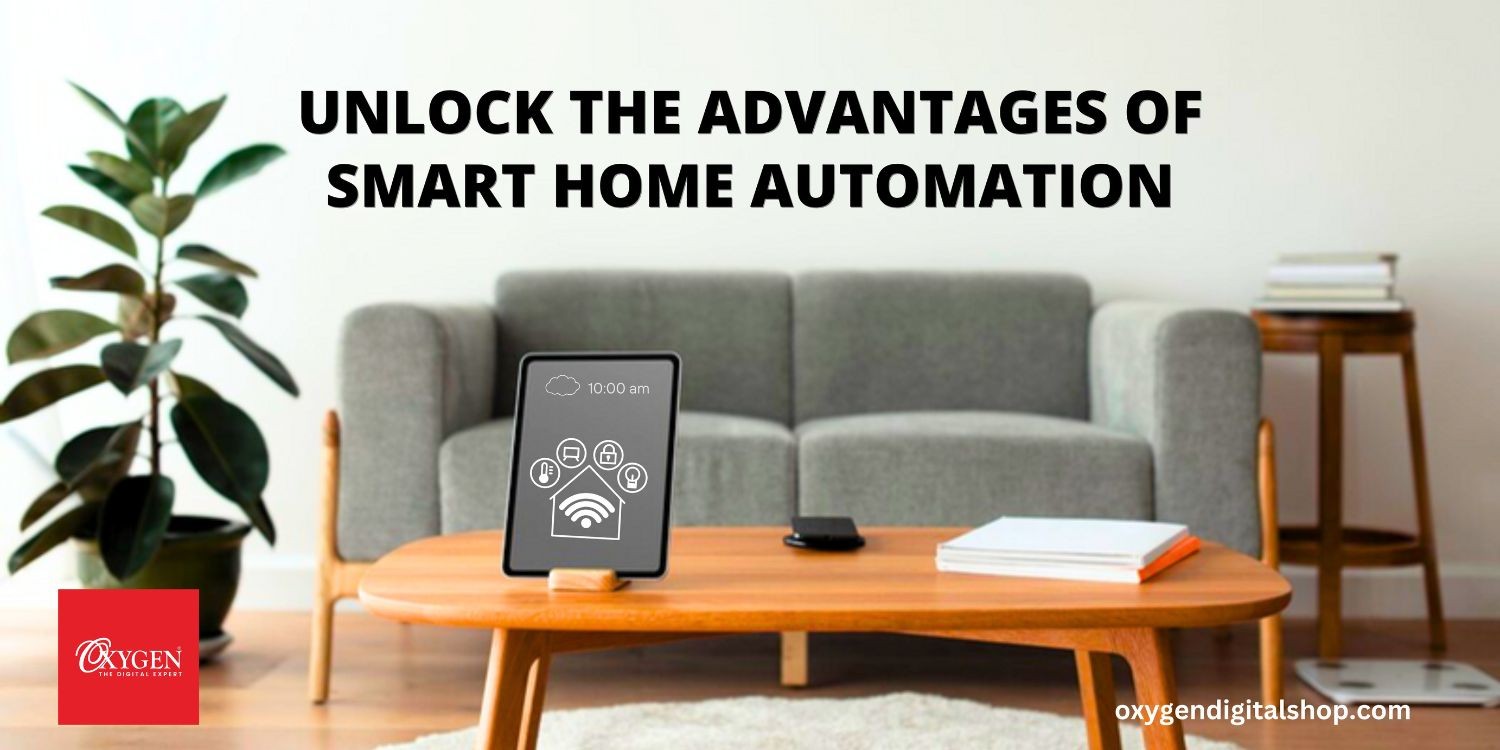
Credit: oxygendigitalshop.com
Frequently Asked Questions
What Are The Benefits Of Automating Home Appliances?
Automating home appliances saves energy, reduces costs, and increases convenience. It allows remote control and scheduling. Automation also enhances home security and improves lifestyle comfort. Smart devices can learn user habits, optimizing appliance performance efficiently.
How Do Smart Home Appliances Connect To Automation Systems?
Smart home appliances connect via Wi-Fi, Bluetooth, or Zigbee protocols. They integrate with hubs or apps for centralized control. This connectivity enables remote access, voice commands, and automation routines, making daily tasks simpler and more efficient.
Are Automated Home Appliances Energy Efficient?
Yes, automated home appliances optimize energy use by running only when needed. They adjust settings based on usage patterns, reducing waste. This leads to lower electricity bills and a smaller environmental footprint, promoting sustainable living.
Can Home Automation Improve Appliance Lifespan?
Home automation can extend appliance lifespan by preventing overuse and overheating. Scheduled maintenance reminders and controlled operation reduce wear and tear. This proactive management ensures appliances function efficiently longer, saving repair and replacement costs.
Conclusion
Automating home appliances makes life easier and more efficient. It saves time and energy. Smart devices offer convenience at your fingertips. You control lights, temperature, and security with simple commands. This innovation brings comfort to everyday living. Families can focus more on each other.
Less on chores. Technology continues to evolve, making homes smarter. Embrace the change for a smoother, connected lifestyle. Consider the benefits and start small. Gradually integrate more devices. Enjoy a future where your home works for you. A smart home is not just a trend.
It’s a step towards a better tomorrow.
16 min read

